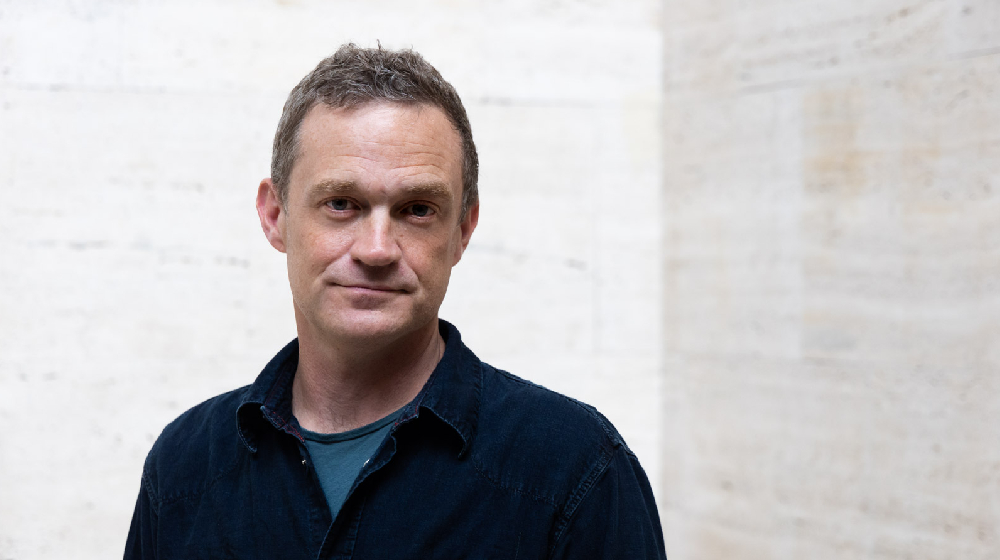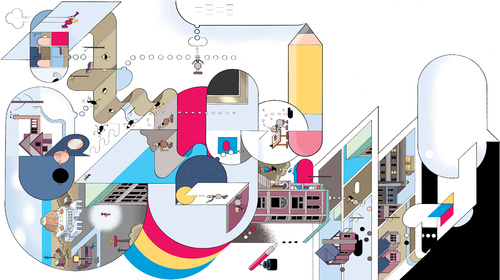Talks for secondary school students
A morning with Patrick Radden Keefe
Journalism and the boundaries of truth
Education
Free with pre-booking
Renowned journalist and author Patrick Radden Keefe reflects on the importance of investigative journalism and the consequences of giving up on uncovering and defending the truth.
Today, as George Orwell warned in his novel Nineteen Eighty-Four, the boundary between what is true and what is false is increasingly thin, and the fabrication of lies is used daily as a powerful tool of social control. How is the truth currently concealed? What are the dangers of disinformation? As part of the week that the CCCB is dedicating to Orwell’s legacy, the prestigious journalist and non-fiction writer Patrick Radden Keefe will reflect on the crucial role of investigative journalism in our society and in upholding democracy.
Behind every story published by the award-winning staff writer of The New Yorker, be it about the pharmaceutical family that patented and marketed the painkillers that have turned millions of Americans into drug addicts, or the conflict in Northern Ireland, there’s a long and painstaking research process with dozens of interviews and the review of documentary sources. His work highlights the importance and also the difficulties of uncovering and telling the truth.
The session has a pedagogical dossier (in Catalan) so that the students can work on the contents beforehand in the classroom and thus make the most out of the lecture.
Moderators: Miquel Missé
Participants: Patrick Radden Keefe
This activity is part of Talks for secondary school students
Related contents
A morning with Patrick Radden Keefe
Journalism and the boundaries of truth
Renowned journalist and author Patrick Radden Keefe reflects on the importance of investigative journalism and the consequences of giving up on uncovering and defending the truth. The session has a pedagogical dossier (in Catalan) to prepare and to work on the contents in the classroom.



